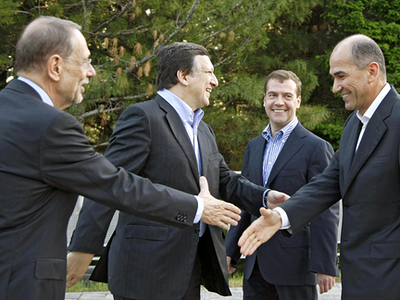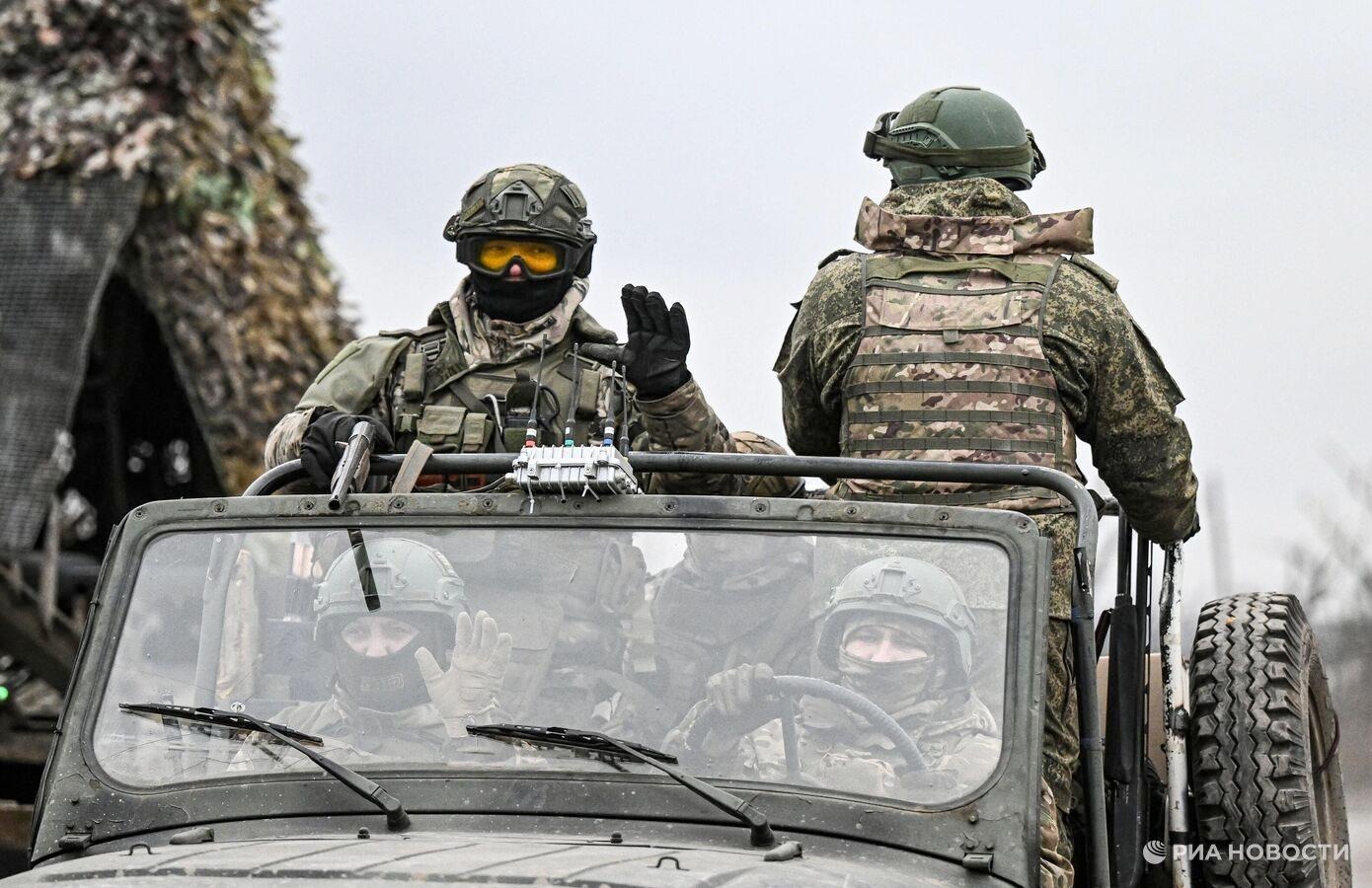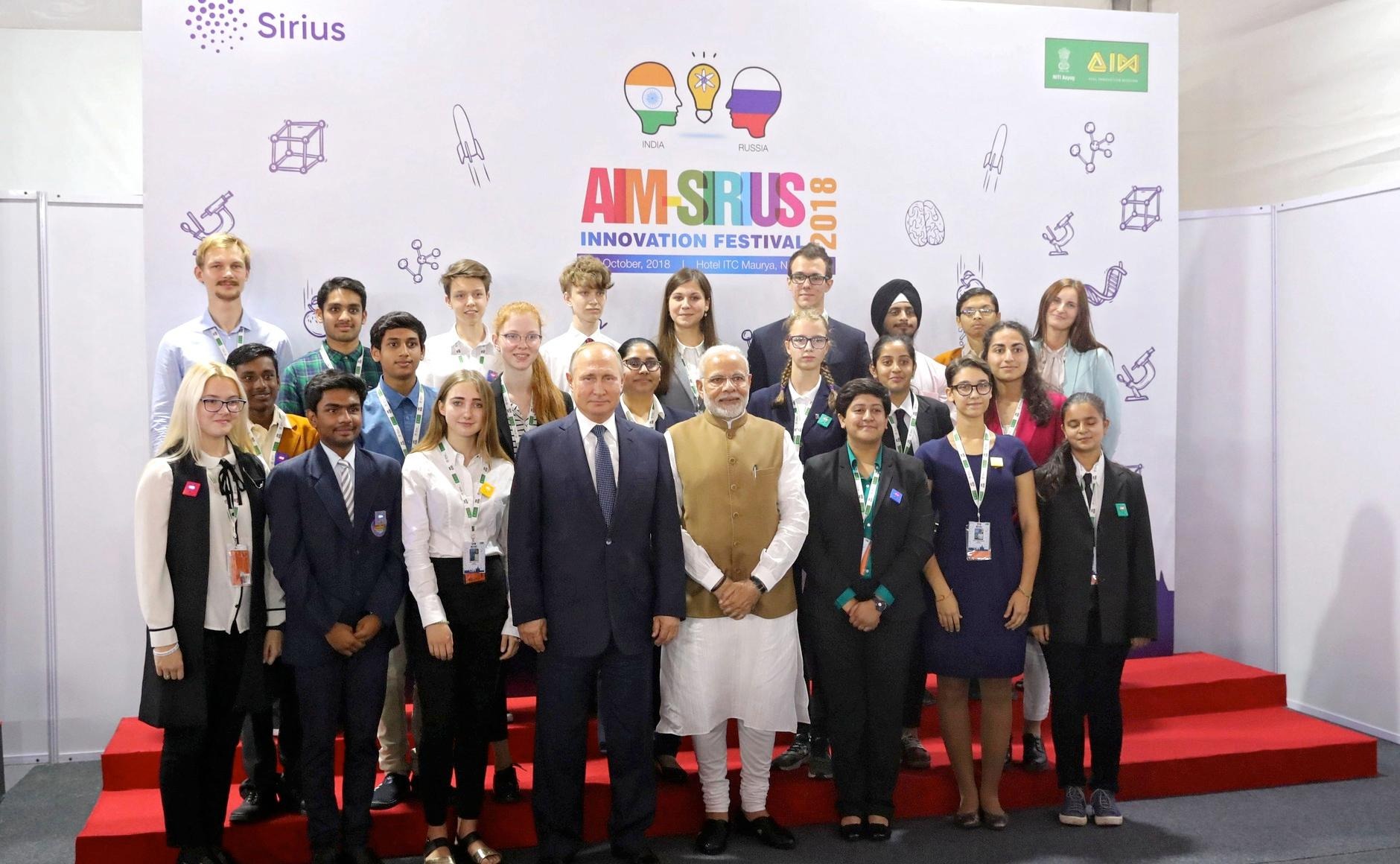
MEDVEDEV’S SWEET-TALKING NARROWS THE RIFT IN RUSSIA-EU RELATIONS
MEDVEDEV’S SWEET-TALKING NARROWS THE RIFT IN RUSSIA-EU RELATIONS
President Dmitry Medvedev has every reason to consider the Russia-EU summit in Khanty-Mansiisk last week a personal success, judging from how his European partners have praised the friendly atmosphere and very constructive character of the talks. EU High Representative for the Common Foreign and Security Policy Javier Solana even acknowledged Medvedev’s “intellectual hospitality,” although it was not quite clear exactly what the “new ways of cooperation” allegedly found in the course of “fruitful” deliberations were. The main result of the summit was the declaration on opening negotiations on a new agreement between Russia and the EU that should have started a year and a half ago but were blocked first by Polish and then by Lithuanian vetoes (Nezavisimaya gazeta, June 26; Rossiiskaya gazeta, June 28).
Reflecting on this delay, Medvedev, with perhaps just a hint of irony, congratulated the EU for overcoming its internal disagreements and then expressed concern about “the transformation of EU solidarity into an instrument for resolving the bilateral problems of individual EU member countries.” His counterparts felt obliged to defend the solidarity principle but had to swallow the reminder that Moscow was perfectly aware that current problems with the ratification of the Lisbon Treaty were rooted in deeper problems in the enlarged Union that was unable to adopt a common position on most urgent international problems from Iraq to Kosovo. Medvedev argued for building relations on the basis of “national interests stripped bare of any distorting ideological motivations,” as he did in Berlin earlier this month, expecting that such pragmatism would exacerbate quarrels inside the EU, even if such discord could complicate the new negotiations. This readiness to meet more delays is based on the common view in Moscow that the troubled EU needs a new agreement more than the up-and-coming Russia (Rossiiskaya gazeta, June 24, Vremya novostei, June 27).
This self-confidence comes from the increasing political leverage that Russia gains without any effort, simply by providing Europe with energy exports that keep appreciating in value. Medvedev pointedly noted that when proposing the oil-city of Khanty-Mansiisk for the summit venue, “we did not know just how acute this issue would become,” meaning the EU energy problems. These problems are certain to cause many frustrating deadlocks in the coming negotiations, because Moscow rejects any reference to the European Energy Charter, but at least for now, EU Commission Chairman Jose Manuel Barroso emphasized that “Russia will remain a major supplier of energy for the EU” and expressed the hope that the “healthy” economic relations would become even more interdependent. He even professed support for the Nord Stream pipeline project, which Medvedev promoted with true zeal, together with the sister-project South Stream, arguing at the same time against their politicization.
Nobody wanted to touch on the substance of disagreements, and it was only EU Trade Commissioner Peter Mandelson who warned, perhaps without much conviction, that the conflict around the TNK-BP oil company was damaging Russia’s image with international investors (www.newsru.com, June 28). Medvedev appeared to be quite attentive to such warnings, so in a recent lengthy interview with Reuters news agency he insisted that Russia’s foreign policy was based on such core values as freedom, democracy and protection of private property (Reuters, June 25). The last point made a rather unexpected addition to the list but would hardly lift Russia from the bottom of the Forbes “Best for Business” rating, where it currently sits between Kenya and Nigeria (Forbes, June 26; www.lenta.ru, June 28).
The theme that was conspicuous by its absence in the Khanty-Mansiisk deliberations was the state of democracy and human rights in Russia, despite the special appeal from Memorial and several other Russian NGOs (www.grani.ru, June 27). Medvedev had delivered a series of preemptive strikes in this direction claiming adherence to the rule of law, asserting the independence of the media, and emphasizing the strengthening of political parties and NGOs. This quasi-liberal discourse has not been accompanied by any corresponding changes in practical politics, and Mikhail Khodorkovsky last week celebrated his 45 birthday in jail (Nezavisimaya gazeta, June 27). The EU leaders are inclined to grant Medvedev more time to act on his words, assuming that he is indeed waging a “quiet war” against Putin’s siloviki (Moscow echo, June 25). In the practical work on the new agreement, however, the values gap would be hard to bridge. Seeking to reduce this problem, Moscow has abandoned ideas about an ambitious agreement on strategic partnership and now aims at something “brief and without excessive detail,” in Medvedev’s words. Empty generalities and pretences, however, would not suffice for restoring trust badly damaged in the latter part of Putin’s “era,” which is not yet over (www.gazeta.ru, June 25).
One particular angle in Medvedev’s European offensive is a multifaceted attack on U.S. positions, which includes not only the “principled” objections against the deployment of U.S. strategic defense assets in Poland and the Czech Republic (there has recently been no mention of any “countermeasures”) but also the accusations that the United States carries the main responsibility for the global financial crisis, and boils down to the assertion: “It is my conviction that Atlanticism as a sole historical principle has already had its day.” This genuine rather than tactical anti-Americanism is definitely smarter than the old Soviet strategy of splitting the Alliance, and it might, particularly in combination with the gas temptations, find a sympathetic audience (www.gazeta.ru, June 26).
Step by step, a new foreign policy style is taking shape through Medvedev’s speeches and networking, and this style differs significantly from Putin’s abrasive assertiveness and KGB-school bonding. There was, nevertheless, a refreshing frankness in the Munich-style rhetoric, while Medvedev appears to believe that hypocrisy answers better to the challenges to his very uncertain leadership. He grasps the advantages of a situation in which he is not taken that seriously but must quickly learn what to do when he is, before Putin changes his mind.


